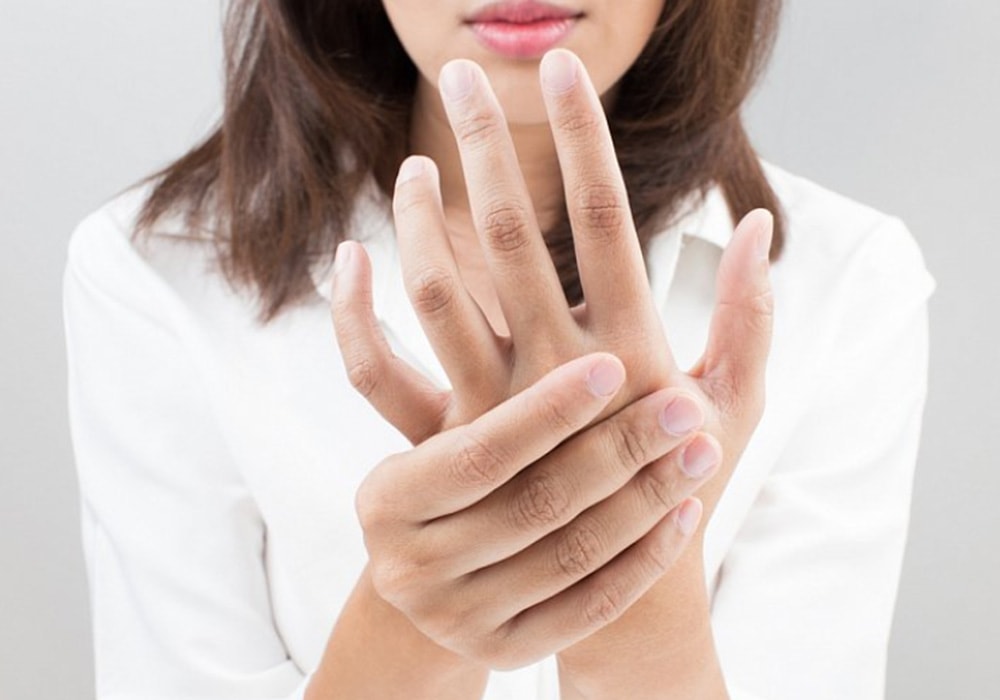
While kidney disease and kidney failure are severe conditions, people often do not notice that they have issues with either of those as the first signs can go easily unnoticed. In some cases, there can be years before chronic kidney disease hits you as hard as to notice that something is wrong immediately. If you read this article, which deals with 9 warning signs of kidney disease, you might learn what are and how to recognize the first signs of kidney disease. In the long run, this could save you a lot of health troubles, money, and eventually even your life.
The main culprits behind kidney disease are high blood pressure and diabetes—over 70% of all kidney disease cases are caused by these two conditions. Besides, those who have heart issues and a history of kidney disease in their family are also at risk. We compiled this list because people who start suffering from this condition are slow to discover it because they do not recognize the symptoms. People can find out that they have kidney issues only if they get tested, and if they do not know what the signs of early kidney issues are, they won’t do this. To avoid unnecessary trouble and the complications that follow kidney disease in its late stages, please read and learn how to recognize it on time.
1. Metallic Taste in the Mouth

One of the clear signs that you may have kidney disease is a metallic taste in your mouth. Because of this, the food you intake will feel strange, and you’ll also start having a bad breath. Furthermore, you could develop a dislike for eating meat. In a worst-case scenario, you could start losing weight, as sometimes kidney issues can cause appetite loss.
2. Rashes
The condition that, in most cases, follows kidney disease is uremia. Uremia is a condition that occurs when due to kidney malfunctioning wastes start clogging your bloodstream. When this happens, you might experience skin rashes and severe itching. In no case, you should ignore if this happens to you as it’s not an issue that would go away on its own.
3. Changes in Urination

The primary function of kidneys is to filter fluids and waste from our bodies and blood. These wastes come out of our bodies in the form of urine. Because of this, the first signs that there might be something wrong with our kidneys can be seen in urine and the way we urinate. The changes we are talking about include, but are not limited to:
* You start urinating more frequently than it was the case up until that moment.
* Your urine looks foamy and bubbly.
* You develop a condition called nocturia, which refers to frequent urination at night.
* Your urine becomes darker, and you begin urinating less frequently, and in smaller doses.
* Difficulty and pressure while urinating.
4. Fatigue
Some of our red blood cells are produced thanks to a hormone called erythropoietin. This hormone is provided in our kidneys. When we experience issues or even a failure of our organs, the production of red blood cells which are in charge of carrying oxygen drops. When this happens, we develop a condition called anemia, and we start feeling tired all the time while our muscles feel numb and weak.
5. Swelling

If you are in a situation that your kidney is failing, then you know that they won’t be able to extract the necessary amount of fluids from your body. When this happens, your body retains the extra fluids, and you develop swelling and edema. The swelling would spread through your entire body, while edema is mostly focused on hands, face, ankles, and legs.
6. Shortness of Breath
All of the organs in our body are connected. When you experience issues with your kidneys, your body will start holding water, as we explained in the swelling section. The one part of the body where this water is going to cause the most trouble are the lungs. With water in your lungs, you won’t be able to bread adequately because your lungs would struggle to get enough oxygen. What makes this condition even worse is the fact that if you develop anemia, you won’t have enough red blood cells to deliver the oxygen. This would make breathing difficult for any individual.
7. Feeling Cold

When a person with kidney failure develops anemia, they will start feeling cold. This will happen even if they are sitting in a warm room. Because anemia is caused by the lack of red blood cells that affect the circulation, the person who lacks them is going to feel cold, especially in hands and legs. So, if you start feeling cold all of a sudden without any reason in your extremities, you should suspect that there’s an issue with your kidneys.
8. Back Pain
The back pain is a condition that follows kidney failure. In some cases, you can experience pain all over your back, but in most, you’ll feel real pain in the area of your kidneys. There’s a chance that the pain is going to be focused on only one of your organs if both aren’t affected. Furthermore, there are people who develop Polycystic kidney disease. When this happens, large cysts filled with fluid appear on your kidneys. In some cases, they even affect the liver. In both instances, they cause localized pain.
9. Dizziness and Trouble Concentrating

Both dizziness and concentrating are caused by anemia, which is a consequence of kidney disease. They are caused by the lack of oxygen delivered to your brain, which happens when anemia cuts the production of red blood cells. In addition to the two things we already mentioned in the long run, it can even lead to memory issues.
Conclusion
As you can already tell, kidney disease is not a condition that should be ignored. But, it is hard to recognize it’s symptoms in the early stages, and that’s because we decided to write this article. By understanding the symptoms early, you can prevent the situation from getting grave.














